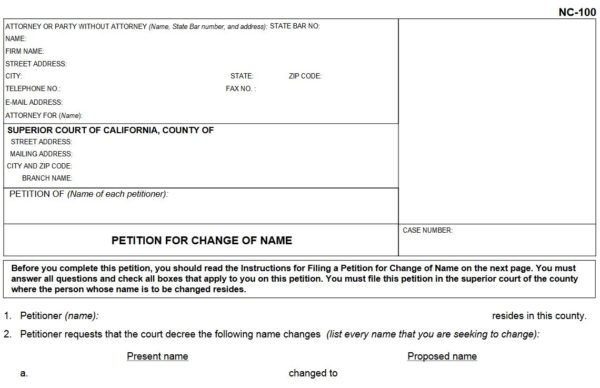When I was an undergraduate, a Filipino American classmate once asked me why I was pronouncing my last name wrong. What? I was pronouncing my name wrong for the first 20 or so years of my life? Apparently so, and my parents never bothered to correct me, leaving our last name constantly mispronounced. But what’s in a name really? According to this article and others, quite a lot, especially if names are “hard” to pronounce.
This study done in 2011 in Australia and the United States seems to show that people with names that are easy to pronounce are viewed more positively and that in the case of law firms, they seem to get to higher positions. The implication that the study authors make are that names significant influence impression formation. Other work bears this out. Another study shows that in a sampling in Canada, people with Asian last names (although not necessarily harder to pronounce) were less likely to get job callbacks. Penn professor Katherine Milkman asked had people masquerade as potential graduate students and sent messages to professors asking for help with potential research. The message was the same but the sender’s names varied, being identifiably Indian, Chinese, Caucasian, Hispanic, or African American. While most professors responded (some 70%), there was significant lack of response with non-Caucasian names, with Caucasian males getting the best response and Chinese females and Indian males getting the worst. Diversity of the faculty did not seem to matter, with the exception of simulated Chinese students writing to Chinese professors, who were the most responsive. Milkman received some criticism from her fellow professors – perhaps they were unhappy to be the ones under scrutiny rather than the reverse.
With studies like the above and ones like this one, some school districts feel that pronouncing students’ names correct makes them feel more included and that mispronouncing names has a lasting effect. Some students just give up and let their names be mispronounced, as my parents let it go and I did too, unknowingly until much later. Santa Clara County, where I live, has an initiative called My Name, My Identity, which provides resources and information about pronouncing students names correctly. It has a pledge for teachers to promise to pronounce their students name correctly.
What to do when your name is mispronounced? Fast Company has some suggestions for the business context, such as putting in phonetic spellings as explanations in e-mail signatures, and using language like, “I noticed” or other unaggressive language:
I noticed that you’ve been calling me Julia. In fact, it’s Julia, you say it with a little bit of an H in front, Julia
Oh gosh, you know, I haven’t taken the time to tell you that in fact my name is Julia.
Sometimes we just let it go, as Joz explains here how she has let her last name be pronounced the way it is spelled rather than how it is pronounced. Other tactics are to change one’s name or to use an American name. As Tim points out, doing that can lead to other issues when the name you use is different from your legal name.
To be fair, no matter ethnicity you are, it can be hard to figure out names that aren’t in your tradition. I occasionally butcher Indian names, of which there are many in Silicon Valley. What about when you don’t know how to pronounce someone’s name? Fast Company recommends doing the simple thing – don’t guess and just ask.








